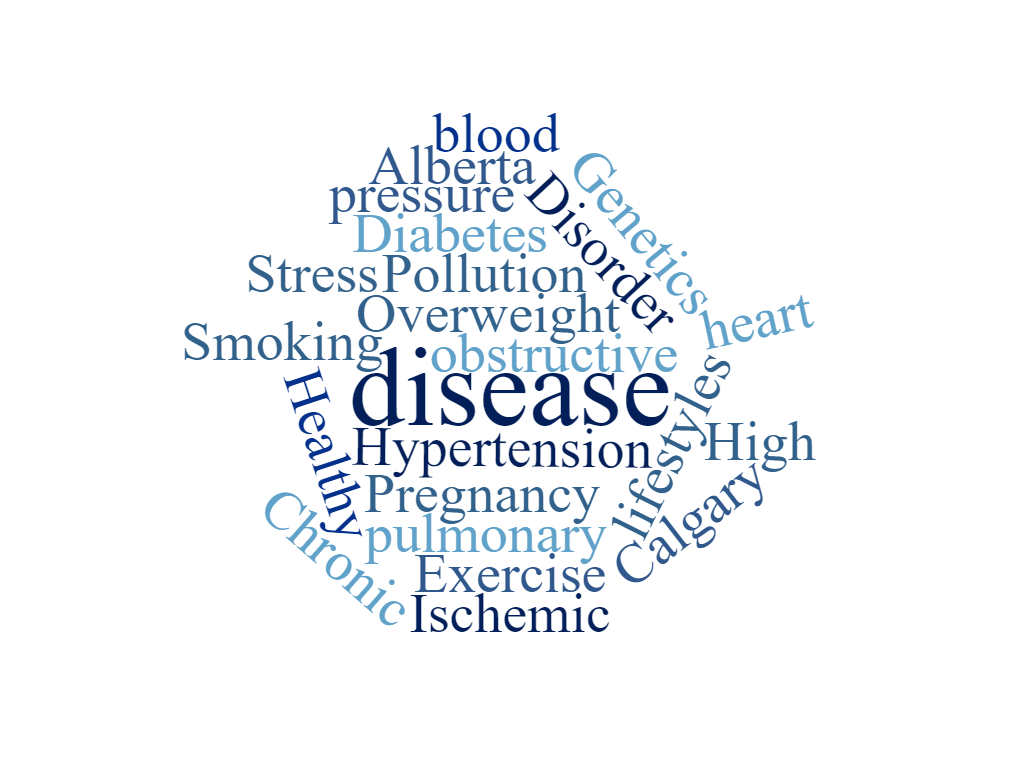According to the published study regarding Omega-3 intake in Canada, it was determined that the values of the Omega-3 index in the Canadian population put 54.6% at intermediate risk for coronary heart diseases. While, unfortunately, the Omega-3 indices put 42.7% of the population in the high-risk category. Omega-3 index values of less than 4% of the total red blood cell fatty acids are considered high risk, values between 4 and 8% are intermediate risk, and values of more than 8% are low risk.
That study illustrates the utmost importance of ensuring that adequate levels of Omega fatty acids are needed and that Canadians don’t get their needs of Omega fatty acids (especially the Omega-3).
In the following five sections, we will dig a little deeper into the benefits of Omega fatty acids.
- 1. Omega fatty acids are essential for human health.
- 2. Omega-3 fatty acids are a type of polyunsaturated fatty acid.
- 3. Omega-6 fatty acids are also a type of polyunsaturated fatty acid.
- 4. Omega-9 fatty acids are monounsaturated fatty acids.
- 5. In case of insufficient intake of Omega fatty acids, they could be obtained from supplements
1. Omega fatty acids are essential for human health.
Omega fatty acids are essential for human health because they play a role in the development and function of the brain, eyes, and nerves. Omega fatty acids are also important for the cardiovascular system. They help to lower bad cholesterol levels and keep arteries flexible. Omega fatty acids are also beneficial for the skin, hair, and nails.
There are three main types of Omega fatty acids: Omega-3, 6, and 9.
2. Omega-3 fatty acids are a type of polyunsaturated fatty acid.
Omega-3 fatty acids are a type of polyunsaturated fatty acid that are found in fish oils, nuts, seeds and certain plant oils. Other good examples of foods that are high in omega-3 fatty acids are salmon, trout, sardines, anchovies, walnuts, and flaxseeds.
They play an important role in human health and are necessary for the body to function properly. Omega-3 fatty acids are beneficial for the heart and help lower blood pressure and cholesterol levels. They are also helpful for people with diabetes and can improve insulin sensitivity. Omega-3 fatty acids are also known for their anti-inflammatory properties, which can help to reduce the risk of chronic diseases such as cancer. Also, Omega-3 fatty acids can be beneficial for people who have chronic inflammation, heart disease, or diabetes. They can also help improve cognitive function and reduce the risk of depression.
3. Omega-6 fatty acids are also a type of polyunsaturated fatty acid.
There are two types of polyunsaturated fatty acids: omega-3 fatty acids and omega-6 fatty acids.
Omega-6 fatty acids are found in vegetable oils, nuts, and seeds. Other examples of foods that are high in omega-6 fatty acids include soybean oil, sunflower oil, pumpkin seeds, cashews, and Brazil nuts.
Omega-6 fatty acids are important for growth and development, and they play a role in inflammation and immunity. They are not as well-known as omega-3 fatty acids, but they are essential for human health. Omega-6 fatty acids are found in nuts, seeds, and vegetable oils. They are important for brain development, skin health, and reducing the risk of heart disease.
However, high intakes of omega-6 fatty acids can also be harmful. They can increase the risk of heart disease, cancer, and autoimmune diseases. Omega-6 fatty acids are also not best friends with diabetes and could raise the triglyceride levels in the blood.
4. Omega-9 fatty acids are monounsaturated fatty acids.
As we discussed before, there are many different types of fatty acids, but only a few are considered “essential.” This means that the body cannot produce them on its own and must get them from food. Omega-9 fatty acids are one such type of essential fatty acid.
There are two main types of omega-9 fatty acids: alpha-linolenic acid (ALA) and oleic acid. ALA is found in plant-based foods, while oleic acid is found in both plant-based and animal-based foods.
Omega-9 fatty acids are considered monounsaturated fatty acids. This means that they have one double bond in their fatty acid chain. This double bond helps to reduce the risk of heart disease by lowering bad cholesterol and triglyceride levels and increasing good cholesterol levels.
Omega-9 fatty acids also have anti-inflammatory properties, which can help to reduce the risk of chronic diseases such as cancer and can help reduce the risk of diseases such as arthritis and diabetes.
Additionally, they can help to improve cognitive function and promote healthy skin and memory.
So, while all omega-9 fatty acids are monounsaturated, not all monounsaturated fatty acids are omega-9s. For example, olive oil is a monounsaturated fatty acid, but it is not an omega-9.
5. In case of insufficient intake of Omega fatty acids, they could be obtained from supplements
Many people do not get enough omega-3 fatty acids in their diets, which can also be difficult to absorb. This is where omega-fatty acid supplements can come in handy.
Omega fatty acid supplements are available in the form of capsules, tablets, or liquid drops. They are made from either fish oil or flaxseed oil, containing omega-3 and can include omega-6 and 9 fatty acids.
Omega fatty acid supplements can be a good way to ensure you get enough of these essential nutrients. They are easy to take, and they can be purchased at most drugstores or health food stores.
You can call Chaparral Pharmacy at 403-475-5544 to inquire about our over-the-counter Omega-3, 6, and 9 supplements and products.
Thanks for reading this blog post. If you like it, please share it using the buttons below with your friends, family, and colleagues.




